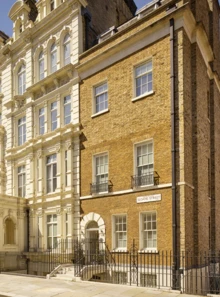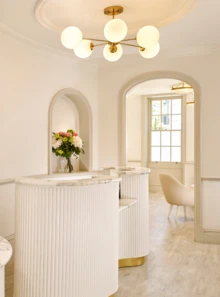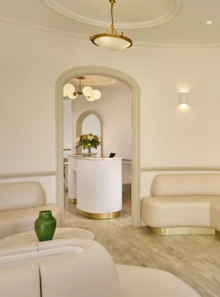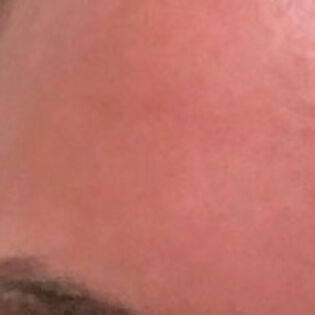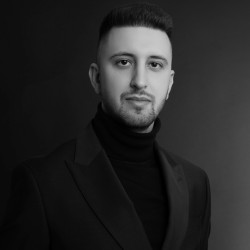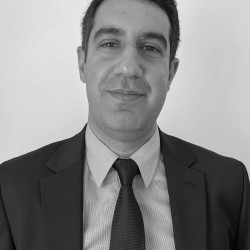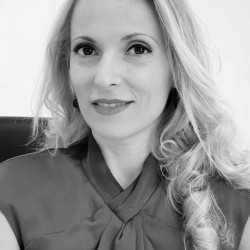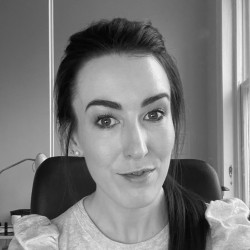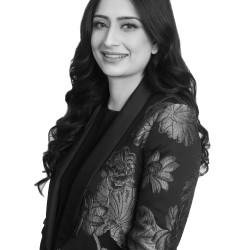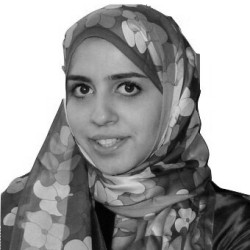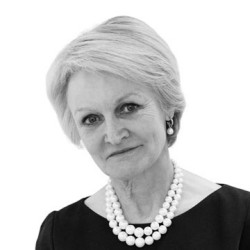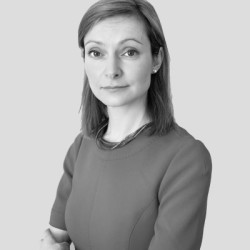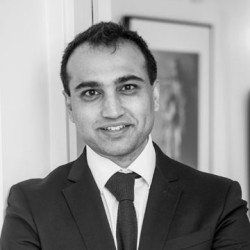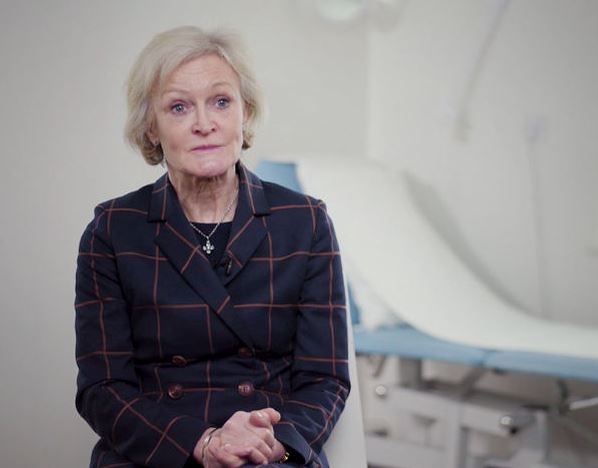- Plastic Surgery
- Breast Surgery
- Breast Enlargement
- Breast Reduction
- Breast Lift
- Natural Breast Enlargement
- Breast Implant Replacement
- Breast Reconstruction
- Nipple Reduction
BackCadogan Clinic offers a full range of cosmetic breast surgery to help make the changes you want to your breasts under the guidance of the best surgeons in the UK.
All Breast Surgery - Body Surgery
- Brazilian Butt Lift (BBL)
- Liposuction
- Tummy Tuck
- Mummy Makeover
- Arm Lift
- Thigh Lift
- Laser Liposuction
- Vaser Liposuction
- 360 Liposuction
- Body Lift
- BodyTite
- Buttock Lift
- Calf Augmentation
- Cellulite Treatment
- Extended Tummy Tuck
- Hernia Surgery
- Mons Lift
- Scar Revision
- Skinny BBL
- Umbilicoplasty
BackCadogan Clinic offers a range of cosmetic surgery to help make the changes you want to your body under the guidance of the very best surgeons in the UK.
All Body Surgery - Cosmetic Gynaecology
- Labiaplasty
- Gynaecological Fat Transfer
- Hoodectomy
- Perineum and Pelvic Floor Repair
- Vaginal Rejuvenation
- Vaginal Tightening
BackCadogan Clinic provides a wide range of cosmetic gynaecological surgery procedures performed by a multi-disciplinary team of the best surgeons in the UK.
All Cosmetic Gynaecology - Facial Surgery
- Rhinoplasty
- Facelift
- Mini Facelift
- Neck Lift
- Eyelid Surgery
- Brow Lift
- Lip Lift
- Chin Liposuction
- Otoplasty
- Alar Base Reduction
- Chin Augmentation
- Buccal Fat Removal
- Deep Plane Facelift
- Dimpleplasty
- Earlobe Repair
- Forehead Reduction
- Micro Facelift
- Nose Tip Rhinoplasty
- Septoplasty
- Septorhinoplasty
BackCadogan Clinic offers a wide range of facial cosmetic surgery procedures to help you make the changes you want, under the guidance of the very best surgeons.
All Facial Surgery - Fat Transfer
- Fat Transfer to Face
- Fat Transfer to Body
- Fat Transfer to Breasts
BackFat transfer, also referred to as fat grafting and lipofilling, has become widely accepted as the optimal means of soft-tissue filling in all areas of the body, including the face, breasts, hands and buttocks
All Fat Transfer - For Men
- Abdominoplasty for Men
- Blepharoplasty for Men
- Face Lift for Men
- Hair Transplant
- Liposuction for Men
- Male Breast Reduction
- Otoplasty for Men
- Rhinoplasty for Men
- Abdominal Etching
- Andrology
- Pectoral Implants
- BBL for Men
BackCadogan Clinic provides both female and male cosmetic surgery. Almost all of our procedures are suitable for men as well as women.
All For Men - Gender Surgery
- Facial Feminisation Surgery
- FTM Top Surgery
- MTF Top Surgery
- Non-Binary Surgery
BackGender dysphoria is a term used to describe how an individual feels a strong sense of disassociation between their gender identity and biological sex.
All Gender Surgery - Post Weight Loss
- Body Contouring
- Facial Contouring
- Apronectomy
BackCadogan Clinic provides a wide range of cosmetic gynaecological surgery procedures performed by a multi-disciplinary team of the best surgeons in the UK.
All Post Weight Loss
BackCadogan Clinic is a leading specialist cosmetic surgery clinic based in the heart of London. We’re home to the leading specialists in Breast Augmentation, Liposuction, and a comprehensive range of face, breast and body treatments.
All Plastic Surgery - Breast Surgery
- Dermatology
- General Dermatology
- Acne Treatments
- Dermatitis
- Eczema
- Hyperhidrosis (Excessive Sweating)
- Milia Removal
- Paediatric Dermatology
- Pigmentation
- Psoriasis
- Rosacea
- Bacterial Skin Infections
- Excess Hair Growth
- Hair Loss Treatment
- Nail Conditions
- Skin Allergies
- Skin Health MOT
- Sweat Gland Removal
- Vaginal Dermatology
- Verruca Removal
- Viral Skin Infections
BackSkin is incredibly important to your health and your appearance. The Cadogan Clinic has one of the largest and experienced teams of consultant dermatologists.
All General Dermatology - Mole & Skin Cancer
- Cryotherapy
- Cyst Removal
- Lipoma Removal
- Mohs Surgery
- Mole Check
- Mole Removal
- Skin Cancers and Melanomas
- Skin Lumps (Warts, Moles, Skin Tags)
BackWe are all becoming increasingly aware of the risks posed by sun damage to the skin, as well as the need to protect our skin in day-to-day life.
All Mole & Skin Cancer - Skin Rejuvenation
- AgeJET Nitrogen Plasma
- FaceTite
- Microneedling Dermapen
- Morpheus8
- Scar Treatment
- Skin Boosters
- Varicose Veins
- White Scar Treatment
BackAt the Cadogan Clinic, we offer a comprehensive range of non-surgical cosmetic treatments, to refresh and rejuvenate your appearance.
All Skin Rejuvenation
BackCadogan Clinic is a leading dermatology clinic based in the heart of London. We’re home to some of the leading acne, eczema and rosacea specialists, and are experts in the mole and skin cancer diagnosis and removal process.
All Dermatology - General Dermatology
- Injectables
- Treatments
- Anti-Wrinkle Injections
- Cheek Fillers
- Dermal Fillers
- Lip Fillers
- Non-Surgical Rhinoplasty
- Polynucleotides
- Profhilo
- Tear Trough Filler
- 8 Point Facelift
- Dissolving Filler
- Hand Rejuvenation
- Jawline Filler
- Non-Surgical Facelift
- Sculptra
- Temple Filler
BackThere are many factors which contribute to ageing skin and when deciding on a treatment solution, these are important to consider.
All Treatments - Conditions
- Cheek Concerns
- Eye Concerns
- Filler Complications
- Forehead Concerns
- Lower Face Concerns
- Nose and Mouth Concerns
- Skin Concerns
BackSkin is incredibly important to your health and your appearance. The Cadogan Clinic has one of the largest and experienced teams of consultant dermatologists.
All Conditions
BackCadogan Clinic is a leading non-surgical cosmetic clinic based in the heart of London. We’re home to some of the leading injectables and dermal filler specialists, and are experts in the anti-ageing process.
All Injectables - Treatments
- All Services
- Andrology
- Adult Circumcision
- Erectile Dysfunction
- Frenuloplasty
- Male Fertility
- Penile Implants
- Peyronie's Disease
- Premature Ejaculation
- Vasectomy
- Vasectomy
BackWe are experts in a wide range of Andrology treatments, in both elective and medical conditions.
All Andrology - Body Surgery
- Mons Lift
- 360 Liposuction
- Arm Lift
- Body Lift
- BodyTite
- Brazilian Butt Lift (BBL)
- Buttock Lift
- Calf Augmentation
- Cellulite Treatment
- Extended Tummy Tuck
- Hernia Surgery
- Laser Liposuction
- Liposuction
- Mummy Makeover
- Scar Revision
- Skinny BBL
- Thigh Lift
- Tummy Tuck
- Umbilicoplasty
- Vaser Liposuction
BackCadogan Clinic offers a range of cosmetic surgery to help make the changes you want to your body under the guidance of the very best surgeons in the UK.
All Body Surgery - Breast Surgery
- Breast Enlargement
- Breast Implant Replacement
- Breast Lift
- Breast Reconstruction
- Breast Reduction
- Natural Breast Enlargement
- Nipple Reduction
BackCadogan Clinic offers a full range of cosmetic breast surgery to help make the changes you want to your breasts under the guidance of the best surgeons in the UK.
All Breast Surgery - Cosmetic Gynaecology
- Vaginal Rejuvenation
- Gynaecological Fat Transfer
- Hoodectomy
- Labiaplasty
- Perineum and Pelvic Floor Repair
- Vaginal Tightening
BackCadogan Clinic provides a wide range of cosmetic gynaecological surgery procedures performed by a multi-disciplinary team of the best surgeons in the UK.
All Cosmetic Gynaecology - Dermatology
- General Dermatology
- Acne Treatments
- Eczema
- Psoriasis
- Rosacea
- Verruca Removal
- Milia Removal
- Bacterial Skin Infections
- Dermatitis
- Excess Hair Growth
- Hair Loss Treatment
- Hyperhidrosis (Excessive Sweating)
- Nail Conditions
- Paediatric Dermatology
- Pigmentation
- Skin Allergies
- Skin Health MOT
- Sweat Gland Removal
- Vaginal Dermatology
- Viral Skin Infections
BackSkin is incredibly important to your health and your appearance. The Cadogan Clinic has one of the largest and experienced teams of consultant dermatologists.
All General Dermatology - Mole & Skin Cancer
- Skin Lumps (Warts, Moles, Skin Tags)
- Mole Check
- Mole Removal
- Mohs Surgery
- Skin Cancers and Melanomas
- Cryotherapy
- Cyst Removal
- Lipoma Removal
BackWe are all becoming increasingly aware of the risks posed by sun damage to the skin, as well as the need to protect our skin in day-to-day life.
All Mole & Skin Cancer - Skin Rejuvenation
- AgeJET Nitrogen Plasma
- FaceTite
- Microneedling Dermapen
- Morpheus8
- Scar Treatment
- Skin Boosters
- Varicose Veins
- White Scar Treatment
BackAt the Cadogan Clinic, we offer a comprehensive range of non-surgical cosmetic treatments, to refresh and rejuvenate your appearance.
All Skin Rejuvenation
BackCadogan Clinic is a leading dermatology clinic based in the heart of London. We’re home to some of the leading acne, eczema and rosacea specialists, and are experts in the mole and skin cancer diagnosis and removal process.
All Dermatology - General Dermatology
- Facial Surgery
- Neck Lift
- Alar Base Reduction
- Brow Lift
- Buccal Fat Removal
- Chin Augmentation
- Chin Liposuction
- Deep Plane Facelift
- Dimpleplasty
- Earlobe Repair
- Eyelid Surgery
- Facelift
- Forehead Reduction
- Lip Lift
- Micro Facelift
- Mini Facelift
- Nose Tip Rhinoplasty
- Otoplasty
- Rhinoplasty
- Septoplasty
- Septorhinoplasty
BackCadogan Clinic offers a wide range of facial cosmetic surgery procedures to help you make the changes you want, under the guidance of the very best surgeons.
All Facial Surgery - Fat Transfer
- Fat Transfer to Face
- Fat Transfer to Body
- Fat Transfer to Breasts
BackFat transfer, also referred to as fat grafting and lipofilling, has become widely accepted as the optimal means of soft-tissue filling in all areas of the body, including the face, breasts, hands and buttocks
All Fat Transfer - For Men
- Hair Transplant
- Abdominal Etching
- Abdominoplasty for Men
- Andrology
- BBL for Men
- Blepharoplasty for Men
- Face Lift for Men
- Liposuction for Men
- Male Breast Reduction
- Otoplasty for Men
- Pectoral Implants
- Rhinoplasty for Men
BackCadogan Clinic provides both female and male cosmetic surgery. Almost all of our procedures are suitable for men as well as women.
All For Men - Gender Surgery
- Facial Feminisation Surgery
- FTM Top Surgery
- MTF Top Surgery
- Non-Binary Surgery
BackGender dysphoria is a term used to describe how an individual feels a strong sense of disassociation between their gender identity and biological sex.
All Gender Surgery - Gynaecology
- Coil Insertion / Removal
- Colposcopy
- Hysterectomy
- Hysteroscopy
- Myomectomy (Fibroid Removal)
- Ovarian Cystectomy
- Polyp Removal
- Prolapse Surgery
- Vulvectomy
BackCadogan Clinic provides a wide range of cosmetic gynaecological surgery procedures performed by a multi-disciplinary team of the best surgeons in the UK.
All Gynaecology - Hand Surgery
- Carpal Tunnel Treatment
- Dupuytren's Contracture Surgery
- Ganglion Hand Cysts
- Hydrocortisone Injections
- Trigger Finger Surgery
BackWe are experts in a wide range of hand problems, in both elective and traumatic conditions.
All Hand Surgery - Podiatry
- Bunion Removal
- Cinderella Foot Surgery
- Corn Removal
- Foot Cysts
- Toe Shortening & Straightening
BackCosmetic foot surgery can help by firstly eliminating the sources of chronic pain or deformity and secondly, reshaping the feet for aesthetic appeal, often resulting in smaller, slimmer feet with a reduced shoe size.
All Podiatry - Post Weight Loss
- Apronectomy
- Body Contouring
- Facial Contouring
BackCadogan Clinic provides a wide range of cosmetic gynaecological surgery procedures performed by a multi-disciplinary team of the best surgeons in the UK.
All Post Weight Loss - Recovery & Aftercare
BackAll Services - Andrology
- Before & After
- Cost & Finance
- 0% Finance
- Blepharoplasty
- Breast Augmentation
- Facelift
- Liposuction
- Rhinoplasty
- Gender Surgery
- Skin Treatments
- Adult Circumcision
- Arm Lift
- Brazilian Butt Lift (BBL)
- Breast Implant Removal
- Breast Lift
- Breast Reduction
- Brow Lift
- Buccal Fat Removal
- Chin Liposuction
- Fat Transfer
- Natural Breast Enlargement
- Hair Transplant
- Labiaplasty
- Lip Lift
- Male Breast Reduction
- Mummy Makeover
- Neck Lift
- Nipple Surgery
- Otoplasty
- Thigh Lift
- Top Surgery
- Tummy Tuck
- Vaginal Rejuvenation
BackAll Cost & Finance - About Us
- Our Clinic
- Our History
- Our Specialists
- Outcomes and Safety Data
- Patient Journey
- Surgical Aftercare
- Ask the Expert
- Contact Us
BackWe were founded in 2004 by world renowned plastic surgeon Mr Bryan Mayou, best known for his pioneering work in the area of liposuction, lasers and microvascular surgery. We continue to collaborate with pioneers in our field.
About Us - Careers
- Our Clinic
- Our Specialists
- Contact Us
Best Clinic UK - Aesthetics Awards 2024
& Aesthetic Medicine Awards 2024




